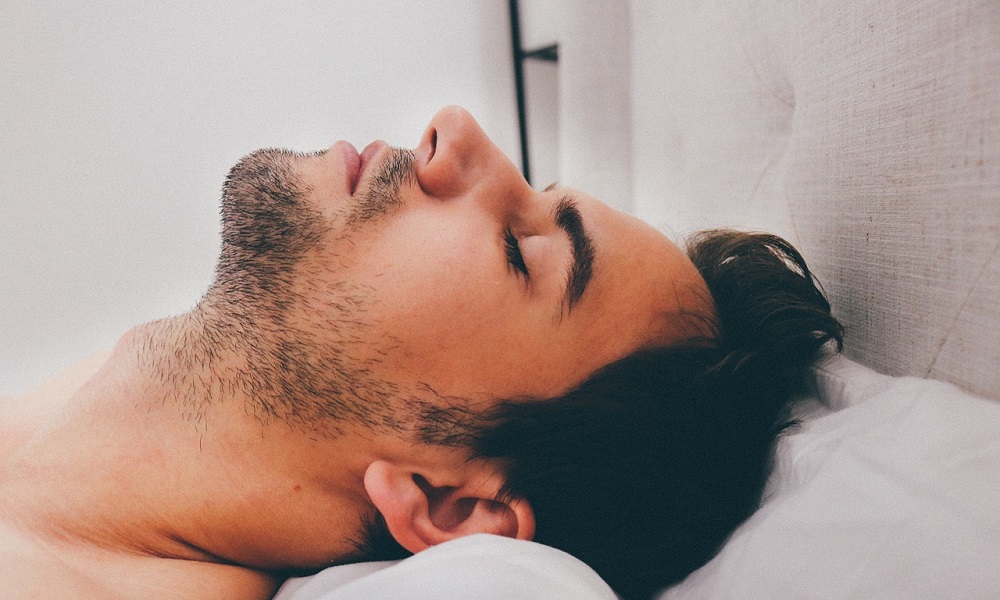

How to Get Up in the Morning
So, you’re here because you want to get up in the morning without constantly fighting the snooze button, right? Nothing is worse than being cozy in your bed and hearing the alarm go off. Then the battle begins. You hit the snooze button 4-5 times until you literally have to get up so you’re not late for work.
Tips on how to get up in the morning
Not only is that a bad idea but setting your alarm earlier because you know that you can hit the snooze button can deprive you of deep active sleep (REM). Depriving yourself of this sleep can actually make you feel more tired throughout the day!
Check out these ways to break the snooze button.
Start your mornings off right with the perfect home workout. Try PulseHIIT for free here.
1. Stick with a constant wake up time
Instead of having the same bedtime every night it may be more important to wake up at the same time every morning. Your body will get used to this time and start to fall into a cycle. This is exactly what a sleep researcher at Loughborough University, Kevin Morgan recommends,
“You would be much better advised to set your body clock to the same time every morning by always getting up at the same time. This tells your biological system when it needs to start.”
In fact, a study came out from BYU that demonstrated that a consistent bed and wake-up times are linked a healthier body fat percentage. Those that got fewer then 6.5 hours of sleep and more than 8.5 hours of sleep had a higher body fat percentage!
2. Get your 8 hours
The benefits of sleep are amazing from processing and storing memories (Dr. Jeff Brown) to ramping up the immune system (Bryant et al. 2004), we need plenty of sleep to recharge our bodies.
Make sure to get your recommended 8 hours so you aren’t tempted to hit the snooze button. This also means preparing your body for sleep as well, as in having a completely dark room (no extra lights like your DVD player) to attract your attention as you are falling asleep.
Also, try not to play with your phone or watch TV in bed before you go to sleep, this can cause you to have trouble falling asleep.
3. Put the alarm out of reach
Everyone knows this one, simply put the alarm on the other side of the room to where you have to get up to turn it off.
We have all probably tried this before and it works really well, but you have to have the will power before you go to sleep to place the alarm across the room!
4. Adjust your controls
We all know it’s really hard to get out of bed when the room is cold. An easy fix is to set your thermostat to start heating your room 30-45 minutes before you have to get up. This will raise your body temperature and help you naturally wake up!
Likewise, you can adjust your coffee maker to start brewing 15 minutes before your alarm sounds.
Not only does this smell amazing and help wake you up, but it also gives you an incentive to get out of bed – a fresh cup of Joe waiting for you!
5. Get that workout in
Getting in a strenuous workout during the day can help you fall asleep faster and sleep more soundly through the night!
Working out can help cure everything, just make sure not to workout close to your planned bedtime because it can actually cause you to have difficulties falling asleep (especially if you take pre-workout supplements).
6. Make it difficult
This may be the simplest way to get yourself up in the morning. Dr. Jeff Brown author of numerous books including The Winner’s Brain has this advice,
“Set one alarm clock, then place it across the room so you have to get out of bed to turn it off. If it helps to wake up, turn a milk crate upside down on top of the clock, then place books on top of the crate so you have to do some moving and lifting to get to the clock in order to turn it off.”
Final Word
The best way to beat the snooze button is to have a regular sleep schedule, workout during the day, and stick to it, or at least put that alarm out of arms reach in the morning for a healthier, more rested you!
What are your tricks for beating the snooze button?
References
Bryant A, Trinder J, Curtis N (2004) Sick and tired: does sleep have a vital role in the immune system? Nature Reviews Immunology 4: 457-467.


